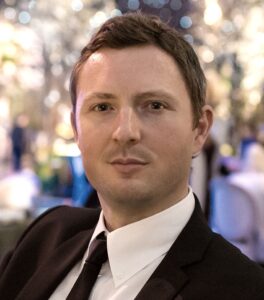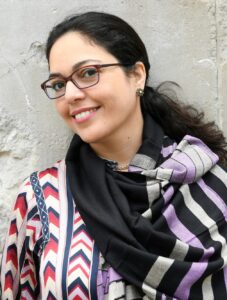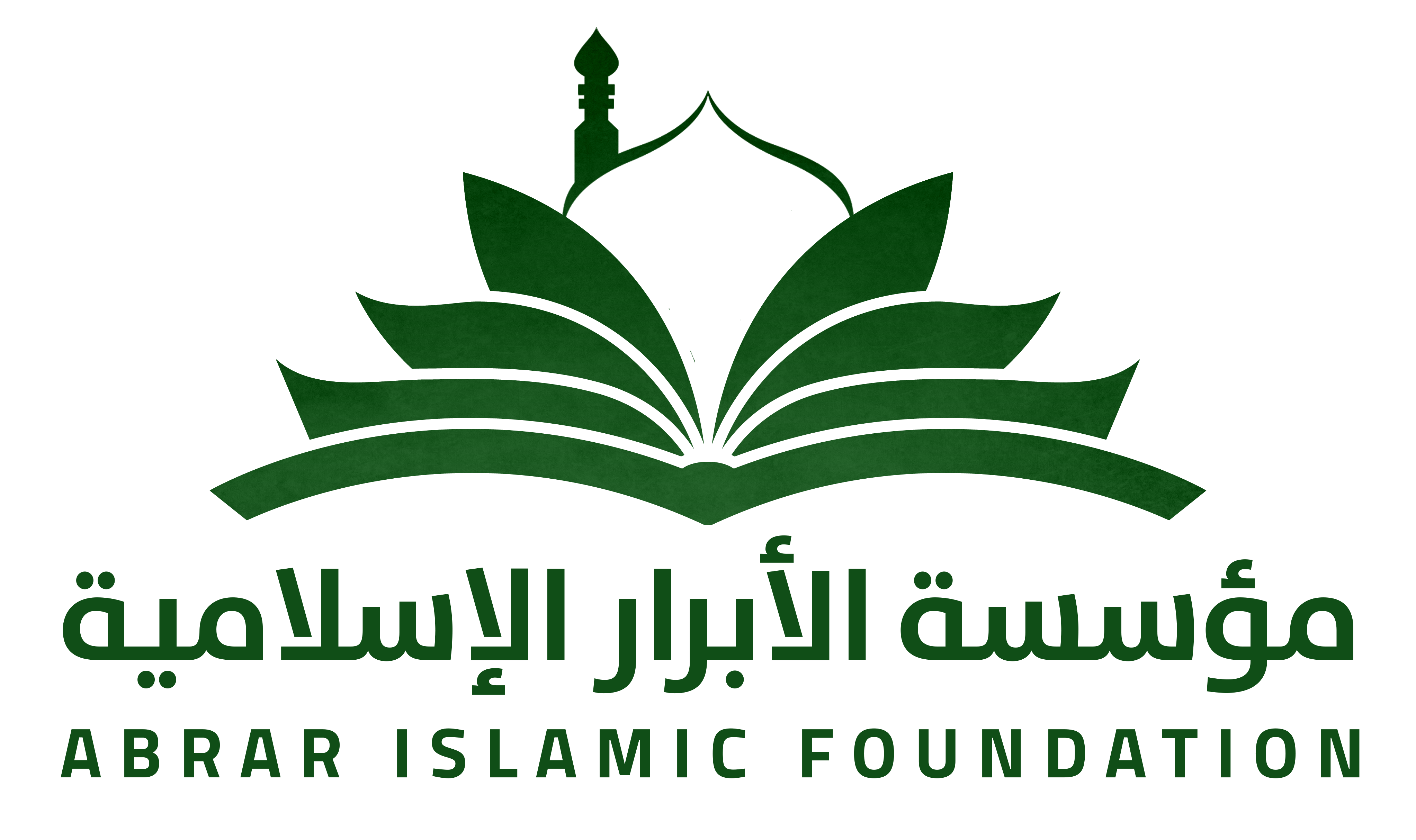
Preserving MENA’s heritage
Open Discussions in association with Gulf Cultural Club
invites you to a discussion titled
Preserving MENA’s heritage
Speakers

*Richard Wilding (Fellow, Royal Geographical Society)

**Ominya Abdel Barr (Fellow, Victoria and Albert Museum)
As conflicts and tragic bloodshed continue to plague much of the MENA region, there are valuable lessons to learn from its glorious past. This discussion will examine some of the current challenges and opportunities for heritage preservation in Iraq and Egypt.
The annual hajj pilgrimage to Makkah ranks among the most significant religious journeys in the world. The hajj route connecting Kufa and Baghdad to Makkah and Madinah grew in importance during the first hundred years of the Abbasid Caliphate from 750 to 850 CE. It became known as the Darb Zubaydah in honour of Zubaydah bint Jafar, wife of the Caliph Harun Al-Rashid, recognising enhancements made to the route’s infrastructure. The pilgrim station of Umm Al-Qurun is the first surviving rest-stop heading south from Kufa. It includes a unique manara, or lighthouse, built to guide pilgrims travelling by night. Richard Wilding will show his photographs of Umm Al-Qurun and related sites in Iraq, highlighting some of the challenges and opportunities for heritage preservation. He will also look at revitalisation initiatives undertaken further south on the Darb Zubaydah route in Saudi Arabia.
Over the past two decades, Cairo’s Islamic monuments have been subject to looting and vandalism. which rapidly increased after the instability of 2011. Today, the situation has improved, but the effects of the damage has significantly impacted some of the most important historic mosques. In 2012, the Egyptian Heritage Rescue Foundation (EHRF) began a systematic survey of thefts, which resulted in the realisation that the majority of attacks were targeting minbars (pulpits). Action was desperately needed. In the spring of 2018, EHRF launched a two-year project focussed on documenting and rescuing the Mamluk minbars of Cairo. The project expanded to include geometrical designs and patterns and invited young architects and designers to explore and experiment. It also posed new challenges, especially with regard to restoration, and the understanding of the traditional skills needed to reproduce the missing parts. Omniya Abdel Barr will show the outcome of this project.
6.30 pm, Tuesday, 13th May 2025
Venue: Abrar House, 45 Crawford Place, London, W1H 4LP
Dinner will be served at 8pm
You can also participate on Zoom using this link
https://us02web.zoom.us/j/85680888416?pwd=THBPWHhCRkxEeWtMQWlJVHBycExOUT09
Meeting ID: 856 8088 8416 Password: 000000
Or on YouTube:
https://www.youtube.com/user/Abrarhousevideo
Admission is Free
Please register for catering purposes – email: d05sa@yahoo.co.uk or text 07795 660 438
*Richard Wilding originally studied Fine Art and Art History, then did postgraduate research at the Courtauld Institute of Art, London. He is a Fellow of the Royal Geographical Society and has been leading heritage preservation and documentation projects in Saudi Arabia, Iraq and North-East Syria since 2010. Richard is a heritage consultant to the Ministry of Culture in Saudi Arabia. He has recently published books about the traditional costumes of Saudi Arabia and the heritage of Mleiha in the Emirate of Sharjah, UAE. He has given lectures at the universities of Cambridge, Exeter, Newcastle, Leicester, Reading and York, and at the University of Al-Qadisiyah, the University of Diyala and University of Babylon in Iraq.
**Omniya Abdel Barr is an architect and historian of Islamic art and architecture with a PhD in Islamic history from Provence University, Aix-Marseille. In 2014, Omniya joined the Egyptian Heritage Rescue Foundation (EHRF) and became their Head of Development, launching projects centred around cultural heritage rescue and documentation. At the V&A, Omniya is leading a digitisation project on K.A.C Creswell’s photographs of Islamic architecture. She co-curated the first Islamic Arts Biennale in Jeddah in 2023, co-directed the INTO Withstanding Change project at Bayt al-Razzaz in Cairo (2022–2024) and directed the EHRF’s project Rescuing the Mamluk Minbars of Cairo (2018–2020).
